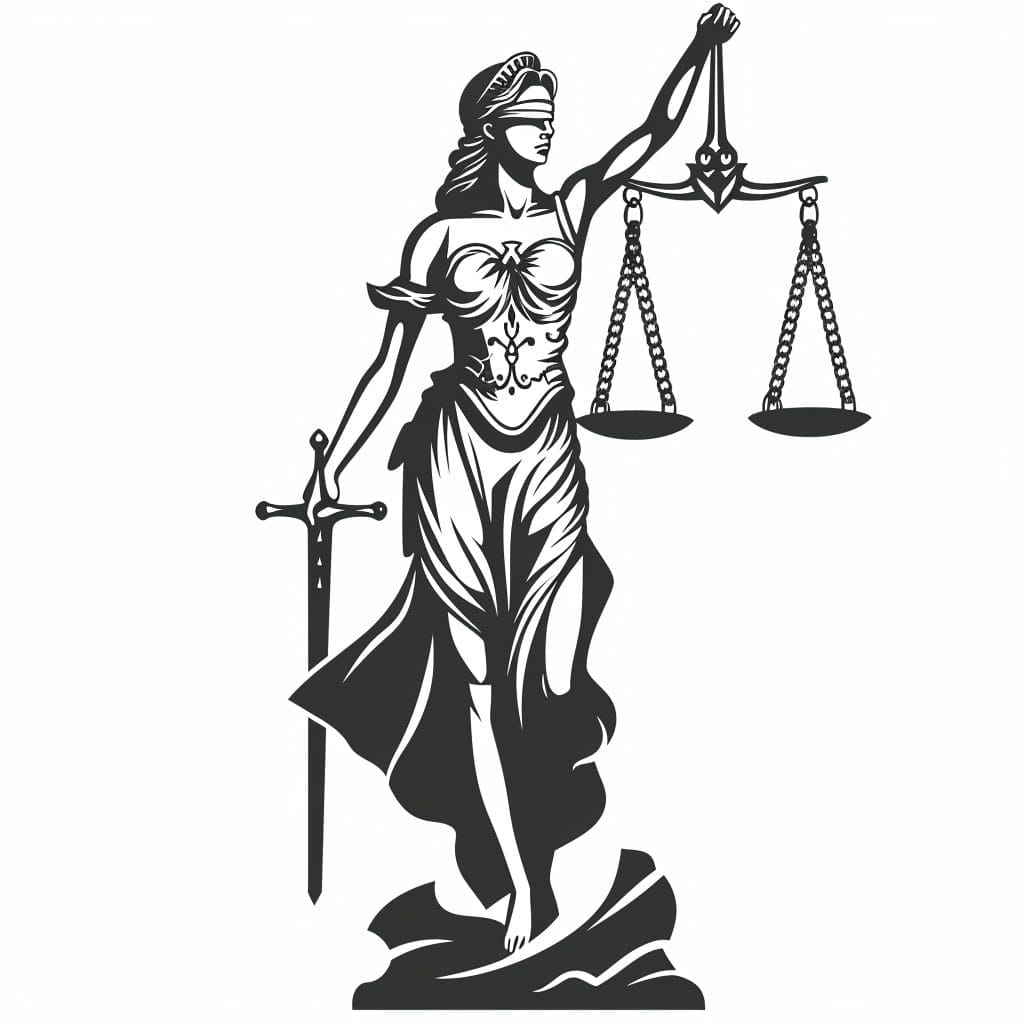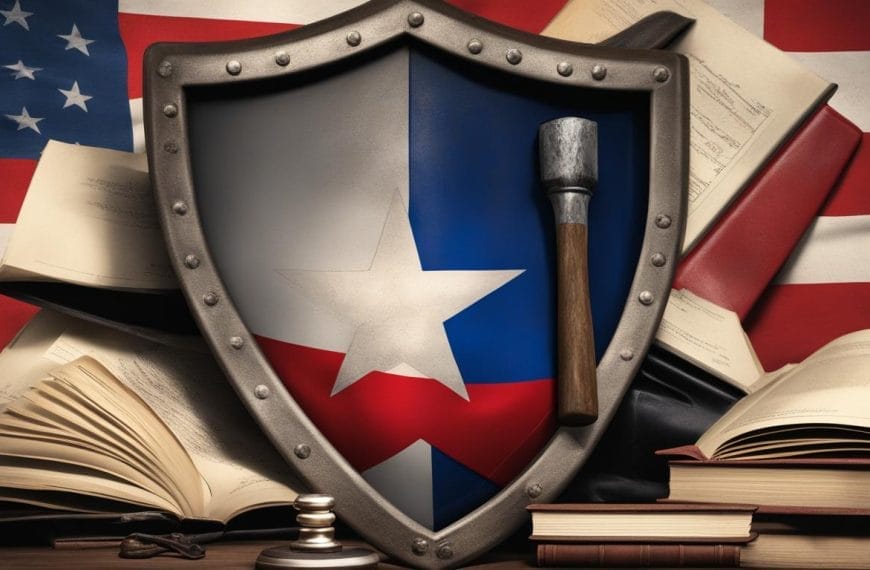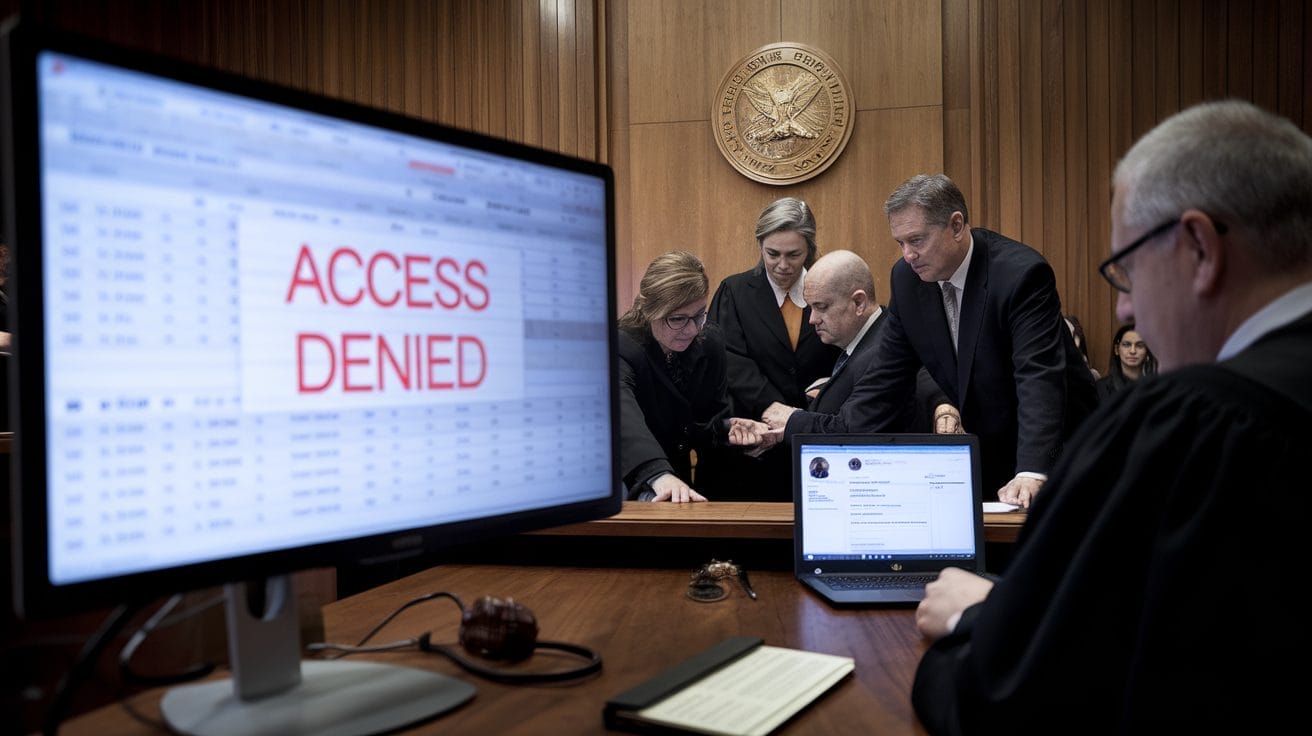Class C assault charges are an important aspect of the legal framework in the United States. Though classified as a misdemeanor, these charges can have significant consequences for individuals involved. It is crucial to have a clear understanding of the various aspects related to class C assault charges, including the legal framework, potential penalties, and defense strategies.
In this article, we will delve into the specifics of class C assault charges, exploring their definitions, types, and the potential consequences of a conviction. We will also discuss possible defense strategies that individuals facing these charges can employ. By the end of this article, you will have a comprehensive understanding of class C assault charges and be better equipped to navigate the legal proceedings.
Types of Class C Assault Charges
Class C assault charges can encompass different types of behavior. It’s important to understand the specific definitions and elements of each type of assault charge when facing legal proceedings. In this section, we will explore two common types of assault charges: assault by threat and assault by offensive contact.
Assault by Threat
Assault by threat refers to intentionally or knowingly threatening another person with imminent bodily injury, including a spouse. This type of assault charge does not necessarily involve causing physical harm or pain, but it can still result in convictions. The key element is the intentional or knowing nature of the threat, indicating an intention to cause fear or harm to another person.
Assault by Offensive Contact
Assault by offensive contact occurs when there is intentional or knowing physical contact with another person that is offensive or provocative. It is important to note that this type of assault charge does not require physical harm or pain to be inflicted. Instead, the focus is on the offensive or provocative nature of the contact. This can include actions such as unwanted touching or invasive gestures.
Both assault by threat and assault by offensive contact can lead to convictions, even if there is no physical harm involved. It is crucial to consult with a legal professional to understand the specific elements of each type of assault charge and develop an appropriate defense strategy.
| Type of Assault | Description |
|---|---|
| Assault by Threat | Intentionally or knowingly threatening another person with imminent bodily injury, including a spouse. |
| Assault by Offensive Contact | Intentional or knowing physical contact with another person that is offensive or provocative. |
Consequences of Class C Assault Convictions
Class C assault convictions can have far-reaching consequences beyond the maximum fine of $500. It is crucial to understand the potential collateral ramifications of a conviction and seek legal representation to minimize their impact.
While the immediate penalty may seem relatively minor, a class C assault conviction can result in significant long-term consequences. Here are some areas of life that can be affected:
- Employment Opportunities: A criminal record, even for a misdemeanor like class C assault, can make it difficult to secure certain jobs. Employers may conduct background checks and use the conviction as a factor in their hiring decisions.
- Concealed Carry Permits: Individuals convicted of class C assault may face challenges in obtaining or renewing concealed carry permits for firearms.
- Firearm Ownership: Convictions for criminal assault, even at the class C level, can lead to restrictions or prohibitions on firearm ownership.
- Trade or Professional Licenses: Some professions or trades require specific licenses or certifications. A class C assault conviction can jeopardize the ability to obtain or maintain these credentials.
- Child Custody and Visitation Rights: Family law courts often consider criminal convictions when making decisions regarding child custody and visitation arrangements. A class C assault conviction might sway the court’s decision against the convicted party.
- Nondisclosure of Records: In some cases, individuals may be eligible to apply for nondisclosure of their criminal records. However, a class C assault conviction could impact eligibility for this beneficial legal process.
Additionally, it’s important to note that family violence enhancements can further escalate the consequences of a class C assault conviction. These enhancements can result in more severe penalties and additional restrictions.
Seeking qualified legal representation is crucial when facing class C assault charges. An experienced attorney can guide you through the legal process, help you understand the potential consequences, and work towards minimizing the impact on your life.
Consequences of Class C Assault Convictions
| Consequence | Description |
|---|---|
| Employment Opportunities | Difficulty in securing certain jobs due to a criminal record. |
| Concealed Carry Permits | Challenges in obtaining or renewing permits for concealed carry of firearms. |
| Firearm Ownership | Restrictions or prohibitions on owning firearms. |
| Trade or Professional Licenses | Jepoardy to obtaining or maintaining licenses necessary for certain professions or trades. |
| Child Custody and Visitation Rights | Impact on decisions related to child custody and visitation arrangements. |
| Nondisclosure of Records | Potential restrictions on eligibility for nondisclosure of criminal records. |
Defense Strategies for Class C Assault Charges
When facing class C assault charges, it is crucial to seek legal representation from a skilled class C assault attorney. With their expertise, you can develop effective defense strategies tailored to your specific case. Here are some potential defense strategies that can be employed:
- Challenging the evidence: Your attorney can thoroughly examine the evidence presented by the prosecution and identify any weaknesses or inconsistencies. By challenging the credibility or reliability of the evidence, it may be possible to weaken the prosecution’s case.
- Disputing intent or knowledge: Class C assault charges often require proving the intent or knowledge of the defendant. Your attorney can argue that you did not have the necessary mental state to commit the assault, casting doubt on the prosecution’s claims.
- Asserting self-defense or defense of others: If you acted in self-defense or in defense of others, your attorney can argue that the assault was justified. They can gather supporting evidence and witness testimonies to strengthen your case.
- Examining legal elements: Your attorney will meticulously analyze the legal elements of the alleged assault and check whether they have been fully satisfied. Any inconsistencies or lack of evidence in meeting these elements can be used in your defense.
Having a qualified class C assault attorney by your side will provide you with the necessary guidance and representation throughout the legal process. They will ensure that your defense strategies are effectively presented in court, giving you the best chance at a favorable outcome.
| Defense Strategy | Explanation |
|---|---|
| Challenging the evidence | Examining the credibility and reliability of the evidence presented by the prosecution to weaken their case. |
| Disputing intent or knowledge | Arguing that you did not have the necessary intent or knowledge required for the assault charge. |
| Asserting self-defense or defense of others | Claiming that the assault was justified as an act of self-defense or defense of others. |
| Examining legal elements | Analyzing the legal elements of the alleged assault and checking for any inconsistencies or lack of evidence. |
Differences Between Misdemeanor and Felony Assault Charges
Assault charges can vary in severity, with misdemeanor assaults generally considered less severe than felony assaults. Misdemeanor assaults typically involve causing bodily injury, threatening bodily harm, or making offensive physical contact. On the other hand, felony assaults may involve more serious elements, such as causing injury to a child, elderly individual, or disabled person, or using a deadly weapon.
In misdemeanor assault cases, the consequences and punishment are typically less severe compared to felony assault charges. Misdemeanor assaults often result in fines, probation, or short-term incarceration, while felony assaults can lead to lengthy prison sentences, higher fines, and the potential for elevated charges based on the circumstances, such as serious bodily harm or the use of a deadly weapon.
In cases where serious bodily harm or a deadly weapon is involved, the charges are more likely to be elevated to a felony offense. Serious bodily harm refers to injuries that pose a substantial risk of death, serious disfigurement, or permanent loss or impairment of a bodily function. A deadly weapon can include firearms, knives, or any object that is used or intended to be used to cause serious bodily injury or death.
It is important to note that the specific laws and definitions surrounding misdemeanor and felony assault charges may vary by jurisdiction. The classification of an assault charge as a misdemeanor or felony depends on the statutes and laws in the relevant jurisdiction.
Understanding the differences between misdemeanor and felony assault charges is crucial when navigating the legal system. It is essential to consult with a qualified attorney who specializes in criminal defense to ensure the best possible outcome when facing assault charges.
Continue reading to learn about possible defense strategies for class C assault charges.
Possible Defenses for Class C Assault Charges
In class C assault cases, various defenses can be utilized to protect individuals facing charges. These defenses include:
- Self-defense: This defense involves demonstrating that the alleged assault was a response to a reasonable fear of imminent bodily harm. It asserts that the accused acted in self-defense to protect themselves from harm. Self-defense can be a strong defense strategy if supported by evidence.
- Defense of others: This defense asserts that the assault was necessary to protect another person from harm. It argues that the accused’s actions were justified because they were acting in defense of someone else’s well-being. It is crucial to gather evidence and establish a clear threat to the other person’s safety.
- Duress: This defense may apply when an individual was compelled to commit the assault due to threats or coercion. It argues that the accused had no choice but to engage in the assault under the influence of external factors. It is essential to substantiate the presence of duress with compelling evidence and witnesses.
- Necessity: This defense may apply in certain situations where an individual committed the assault out of necessity, such as to prevent a greater harm or danger. It argues that the accused had no reasonable alternative to protect themselves or others. It is crucial to establish the presence of urgent circumstances that required immediate action.
Working with an experienced attorney is essential to determine the most effective defense strategy based on the specific circumstances of the case. They can provide guidance, assess the evidence, and devise a solid defense strategy to achieve the best possible outcome in the legal proceedings.
Conclusion
In conclusion, class C assault charges may be classified as misdemeanors, but they can have significant implications for individuals facing these charges. It is crucial to have a thorough understanding of the legal framework surrounding class C assault charges, as well as the potential consequences that can arise from a conviction.
By seeking legal representation and guidance from a knowledgeable attorney, individuals can navigate the complexities of class C assault charges and improve their chances of achieving the best possible outcome in the legal proceedings. A skilled attorney can develop effective defense strategies, challenge evidence, and advocate for their clients throughout the process.
To successfully defend against class C assault charges, individuals need to be aware of the available defense options, such as asserting self-defense or defense of others. Working with an experienced attorney, individuals can determine the most appropriate defense strategy based on the specific circumstances of their case.
In summary, understanding the legal framework, potential consequences, and defense strategies associated with class C assault charges is crucial for individuals facing such charges. Seeking the assistance of a qualified attorney is highly recommended to ensure the best possible outcome in the legal proceedings.












